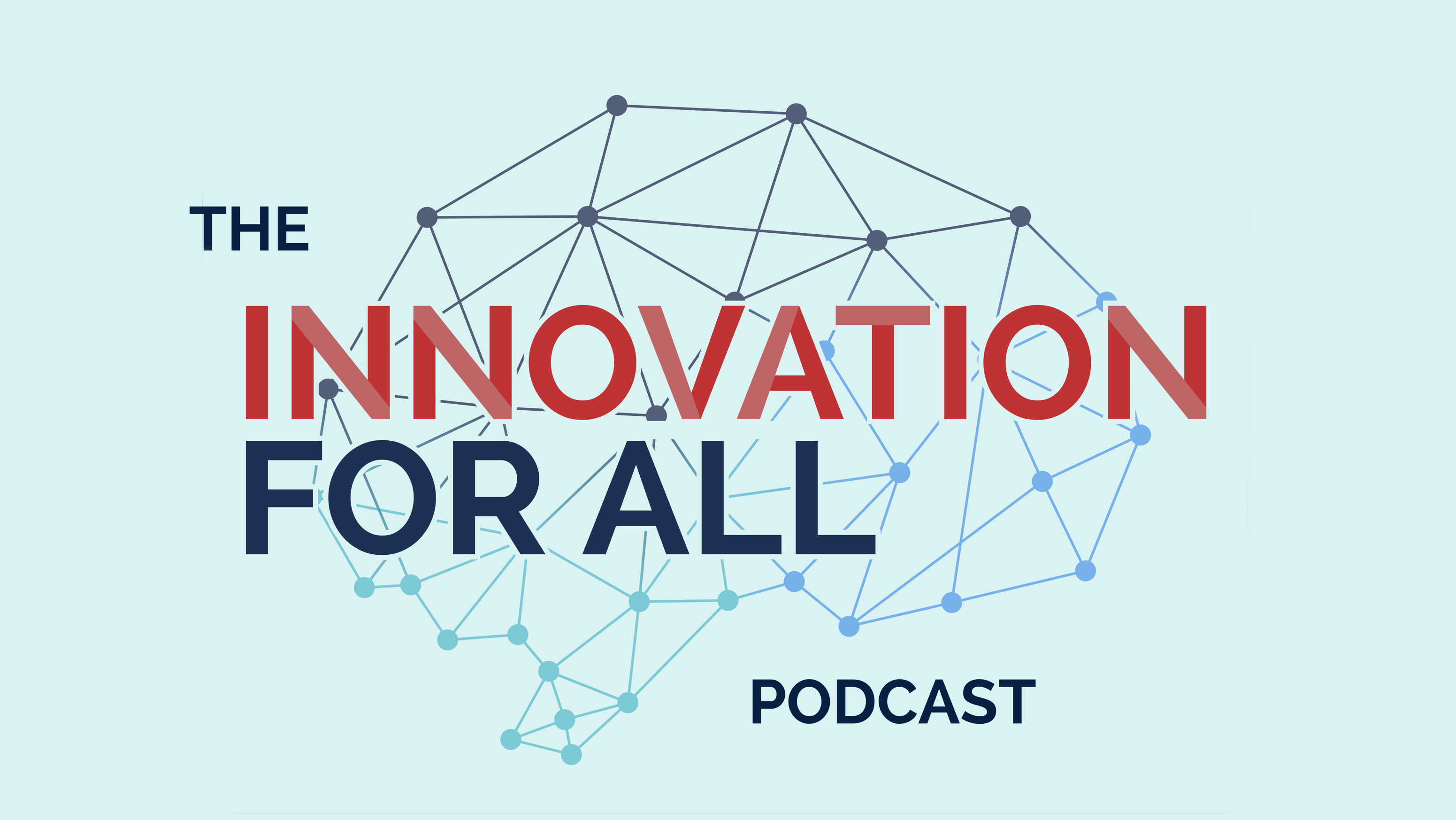In this special episode, our favorite experts on AI, product designers and more return to the podcast to answer two key questions: What’s the biggest news in your field in 2019, since we recorded the podcast? What’s something that’s been missing from the conversation that you’d like to see gain more interest in 2020?
You don’t want to miss this one. You’ll hear from:
- Reena Jana (@rjmac), Google’s Head of Product and Business Inclusion. Hear more in her full episode:
- Josh Lovejoy (@jdlovejoy), Principal design manager, ethics and society at Microsoft. Hear more in his full episode: What does human-centered AI even mean?
- Sherry Hamby, Director of the Life Paths Research Center (LPRC). Hear more in her full episode: Stereotyping Appalachia: What Tech Gets Wrong
- Wendy De La Rosa (@wdlrosa), co-founder of Common Cents Lab. Hear more in her full episode: Why FinTech is failing the poor?



